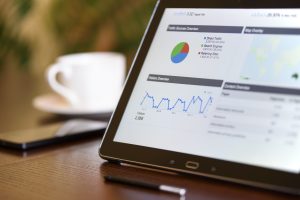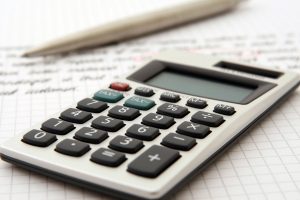Blog
Posted February 23, 2023
What To Do Before the End of the Tax Year?
Not sure what you should do to prepare for the end of the tax year? Here is our handy list of tasks you might want to consider before it’s too late!
The tax year ends on 5 April 2023 and now is a great time to get you head round all the tax changes that are coming in, make sure you have used up all your allowances for this year and plan for the year ahead.
This article covers:
- make sure you have taken your company dividends by 5 April 2023
- make sure your records are up to date
- Payroll deadlines and other considerations
- Maximising your pension contributions
- Top up your ISA
- Sell assets
 Take Your Dividends by 5 April 2023
Take Your Dividends by 5 April 2023
Any dividends you want to take from the company profits to be included on your 2022/23 tax return need to be issued by 5 April 2023.
Maximise your tax-efficiency by fully utilising your allowances. All taxpayers have a £2,000 tax free dividend allowance, have you used yours?
For tax year 2023/24 this is reducing to £1,000.
Update your Records
When the company pays dividends, it is important to make sure that it has sufficient distributable reserves to declare the dividends. Your records will need to be up to date as you will need to estimate your profits after you have paid your corporation tax.
 Payroll Deadlines and Other Considerations
Payroll Deadlines and Other Considerations
We posted a blog a couple of years ago on what to do at the payroll year end which can be found here: Payroll Year-end Checklist – What you need to do and when (whitesidesca.com)
Payrolling Benefits
You may want to consider whether next year you wish to payroll benefits rather than prepare P11Ds and consult with your employees accordingly.
Maximise your Pension Contributions
If you want to make pension contributions in this tax year, the funds need to have been received by your pension provider by 5 April 2023.
Paying contributions directly from your limited company as a company contribution is the most tax efficient way of contributing to a pension.
Please make sure that if you are making personal contributions that you have sufficient pensionable earnings to cover these. Pensionable earnings include, employment income, self-employed income, income from a furnished holiday let and royalties. Income from dividends, other property income and interest are not pensionable earnings.
 Top Up Your ISA
Top Up Your ISA
For 2022/23 the personal ISA allowance is £20,000, this is the maximum you can contribute to an ISA in a tax year. Any returns (dividends, interest, capital gains) are free of tax.
If you don’t use your ISA allowance in full, you can’t carry it over to next year. With the increase in the interest rate, putting your savings in a tax-free ISA account may save you money.
Use Your Capital Gains Annual Exemption
For 2022/23 everyone has an annual exemption of £12,300, this means that you can dispose of an asset and the gain is less than £12,300 you won’t pay any tax.
You cannot carry forward your annual exemption and next year it is reducing to £6,000 so if you are planning on selling any assets it might be worth selling them before 5 April 2023.
SERVICES
LATEST NEWS
CATEGORIES
- Blog (137)
- Business Advice (45)
- Just For Fun (16)
- Tax Tips (30)
- Video (8)










